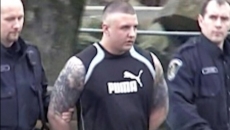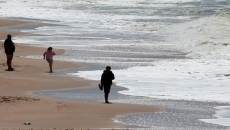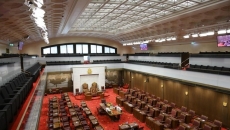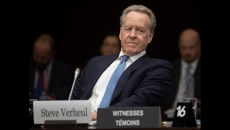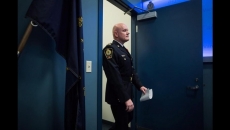To improve safety on local streets and provide more transportation options for people in Vancouver, Council has approved several programs, including: A change to school and playground zones to make them 30 km/h around the clock Development of a Neighbourhood Traffic Management program to help address traffic issues on local streets.
A trial of reduced-speed limits on all local streets within an area in Grandview-Woodland A pilot project to allow people to use their own micromobility devices on bike paths and local streets A pilot project to lower speed limits on local streets Currently under the provincial Motor Vehicle Act, speed limits are 50 km/h on all Vancouver streets, unless otherwise posted. A blanket reduction in speed limits on local streets has been a City goal since 1997. In 2019, Council directed staff to investigate a pilot for 30 km/h zones on residential streets and ways to improve road safety around schools.
In response: Council approved the creation of a slow-zone pilot within the Grandview-Woodland neighbourhood. The area already has traffic-calming measures and the pilot will test an official speed-limit reduction. Signs will be posted to alert drivers the speed limit is 30 km/h. The boundaries of the area include Clark Drive, 1st Avenue, Commercial Drive and Grandview Highway North. Staff have created a Neighbourhood Traffic Management (NTM) Program, which outlines priority locations for additional slow zones across the city, including Strathcona and Hastings-Sunrise. The City will engage with the neigbhourhoods to install traffic-calming measures to limit vehicle speeds and volumes, including speed humps, raised crosswalks, medians and speed-limit signs. Council approved changes to the Street and Traffic By-law to allow for reduced speeds of 30 km/hour in school and playground zones all day, every day.
Currently, speed-limit reductions are in effect from 8 am to 5 pm on school days. Additionally, staff received Council approval to work with the provincial government to develop pilot programs to reduce speed limits on local streets and to allow the use of privately owned micromobility devices (such as e-scooters and monowheels) on protected bike lanes and local streets. Currently, micromobility devices are illegal on Vancouver streets. The goal of the pilot is to give people more travel options, while helping to ensure streets and sidewalks are safe for everyone.

